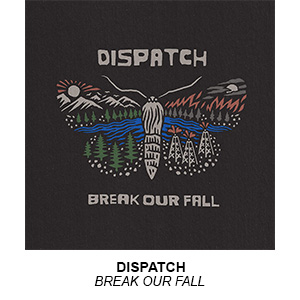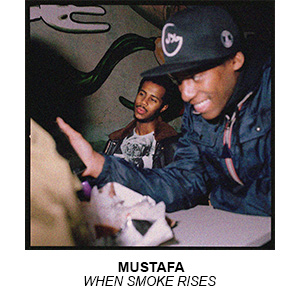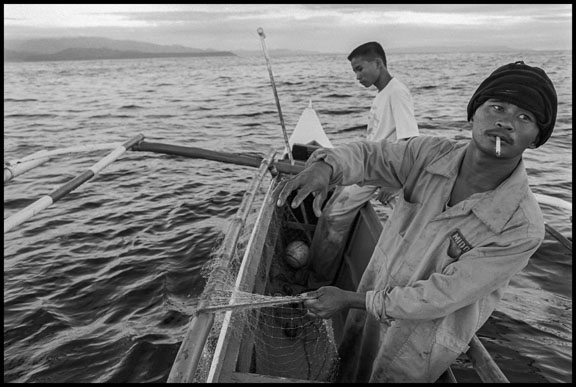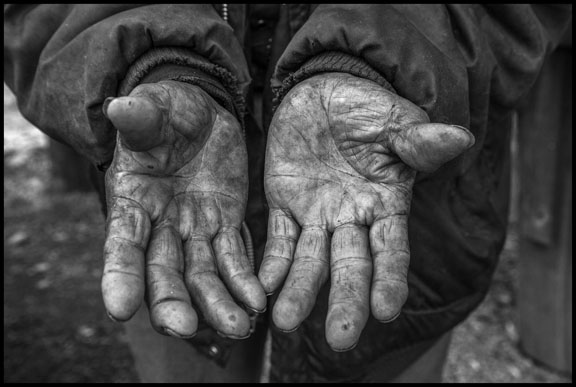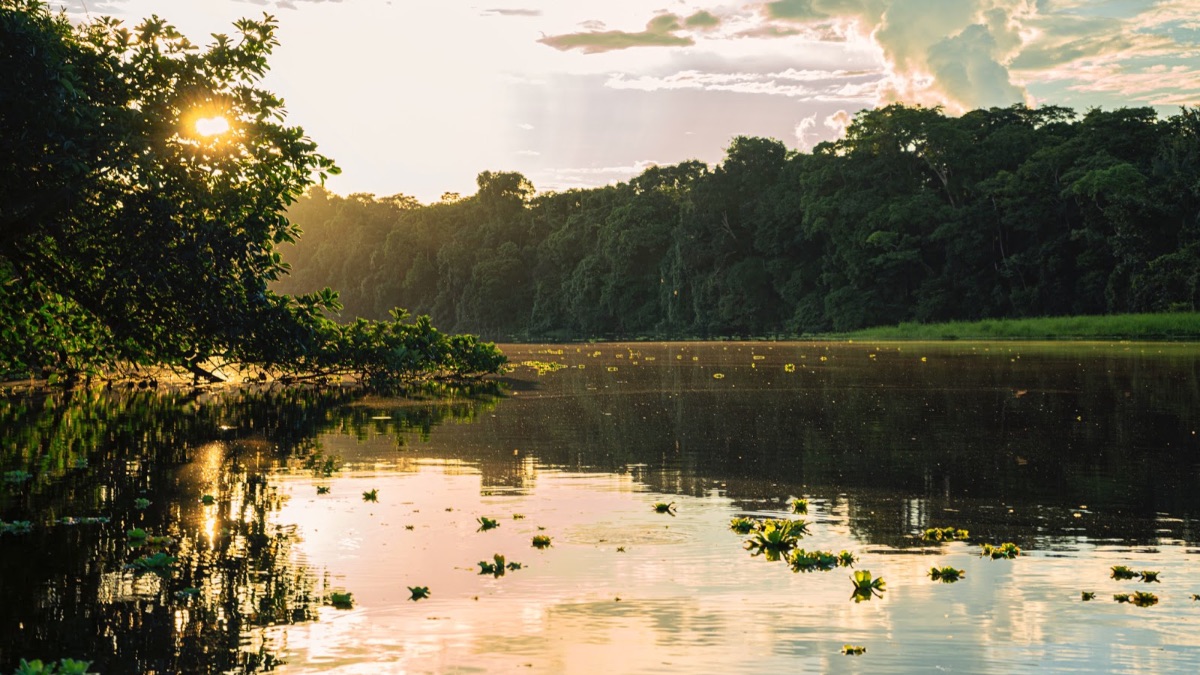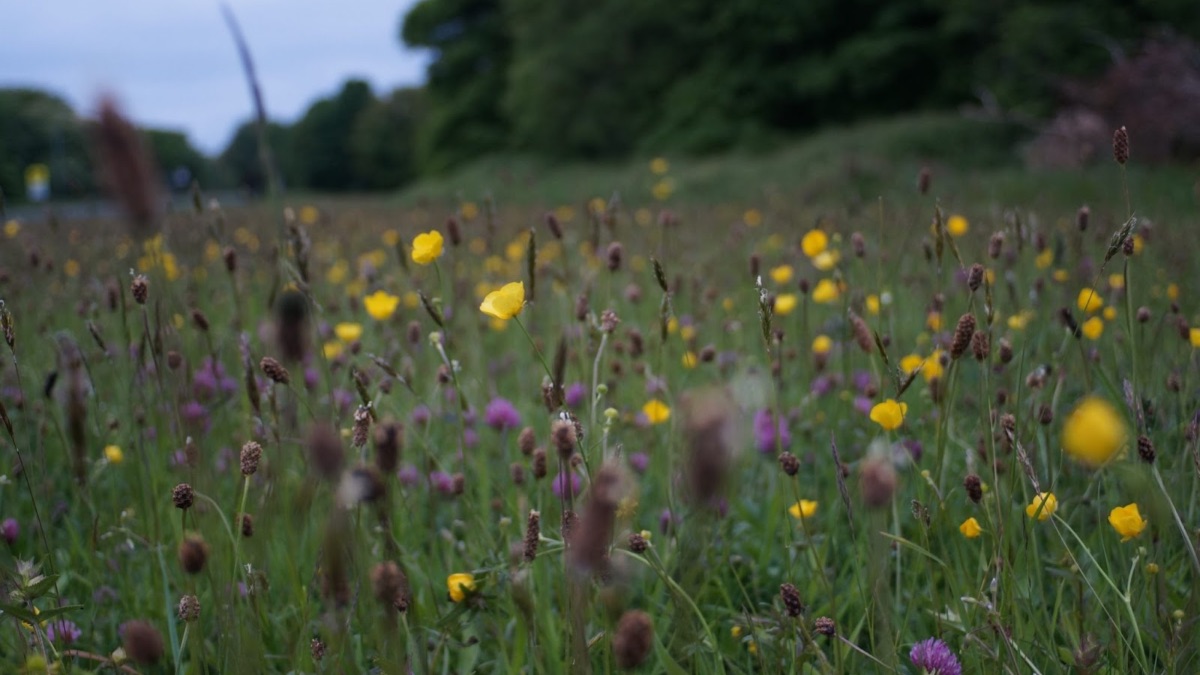Confusing reports out of Iraq. AFP reports:
Iraq announced Saturday it has arrested two generals on suspicion of taking bribes to waive customs duties, a practice estimated to cost the state $6.3 billion a year in lost revenues.
Both men worked at the Gulf port of Umm Qasr, a key entry point for imports of foodstuffs and medicines which is reputed to be the most corrupt in Iraq.
The sums allegedly found in their position were tiny given the scale of corruption in Iraq, which is estimated to have cost the country hundreds of billions of dollars since the US-led invasion of 2003.
One thousand was found with one general, a little over two thousand with the other.
That's not the confusing part. The confusing part is where is the story about the military being outraged, demanding that the accused be immediately released, circling the home of the prime minister and making threats against him and others?
Oh, wait. This is the Iraqi military. They answer to the Iraqi government. It's not the militias who do whatever the hell the want and issue public threats when not killing civilians.
Mr Al Kadhimi faces an uphill struggle reining in militias linked to powerful political parties backed by Iran, who gain funds from the Iraqi state and have infiltrated government ministries and the security forces.
These groups, including militias within the state-sanctioned Popular Mobilisation Forces (PMF), have been working to implement Tehran’s foreign policy in Iraq. These include the ousting of US and other foreign coalition forces invited by the Iraqi government to help fight ISIS.
Iran-backed PMF groups also stand accused of killing hundreds of Iraqi protesters who are demanding an end to Iranian-influence, corruption and poor services
Mr Al Kadhimi’s attempts to hold the groups to account have often stumbled.
In June 2020 the prime minister was pressured to release 14 members of the Kataib Hezbollah militia who were accused of attempting to fire rockets at foreign forces stationed within Baghdad international airport, and had been arrested at the scene by the state's Counter Terrorism Service.
Last week, the Iraqi Higher Judicial Council ordered the release of a PMF commander, Qassem Musleh, who was accused of murdering an activist and running protection rackets.
Militias are using murder and intimidation to force Mr Al Kadhimi into a corner and preserve their powerful role in the Iraqi state.
On June 7, the campaign to undermine his government took a more ominous turn when Col Nebras Shaban, an officer in the intelligence services, was shot dead near his home.
Mustafa al-Kadhimi has been prime minister since May 7, 2020. Elections are expected to be held this coming October in Iraq. A month or a couple of months from now, they may have a prime minister. (2010 holds their longest record for the time between elections and announcing a prime minister-designate -- 2010 saw the process take over eight months due to the political stalemate). Mustafa has not accomplished much.
His inability to protect the activists or to hold their murderers accountable has led some to say that they will be boycotting the upcoming elections. Mustafa had a chance to turn it around earlier this month when he ordered the arrest of a militia thug but then the man was released without a trial.
Can he win over the activists -- and the many Iraqis who support the activists -- before the elections take place? Who knows but Sura Ali (RUDAW) reports:
Iraqi Prime Minister Mustafa al-Kadhimi met on Saturday
in Nasiriyah with protestors and the families of a number of activists
who were killed in the October (Tishreen) 2019 movement, stating
violence against activists comes as part of a “battle the state is
waging against corruption.”
Kadhimi’s media office said the PM met the mother of protestor Omar Sadoun, one of dozens who were killed in the so-called Nasiriyah Massacre that occurred on November 28, 2019, one day after demonstrators torched the Iranian consulate.
He also met with the family of Anas Malik, who died earlier in June of this year from wounds he sustained in the massacre two years ago.
In addition, Kadhimi met the mother of a prominent Nasiriyah activist, Sajjad al-Iraqi, who disappeared on the evening of September 20, 2020, after being kidnapped by unknown gunmen.
"The absence of activists and the assault on them comes as part of a
battle waged by the state against corruption and devastation and the
expansion of corrupt abusers…..the youth chose their place in the trench
of confrontation with these people from the moment they went out to
protest for Iraq," Kadhimi said.
Upcoming elections already carry a great deal of back door negotiating. For example, Shi'ite cleric Moqtada al-Sadr already entered a conditional agreement with Mustafa regarding possible partnership and now Moqtada's attempting to seal a similar agreement with the Kurds. Of elections in Iraq, Guy Burton (INTERNATIONAL POLICY DIGEST) observes:
There the connection between leaders and society has become weaker. Despite the presence of many political parties and electoral competition, many voters feel disconnected from the political process. The negotiations which take place to form governments after elections provide little space for the public while Iraq’s post-2003 governments have been perceived as distant and unrepresentative. That contributed to growing frustrations in society in relation to the lack of economic opportunities and income, poor public services, and growing public insecurity and disorder. This culminated in an outburst of protests during 2019 and 2020. As a result, when Prime Minister Mustafa al-Kadhimi came to power last year, he proposed to bring elections forward.
The following sites updated:












